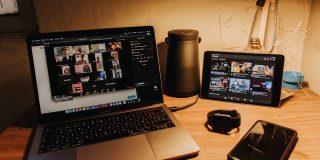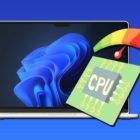How to Decide on the Perfect Gaming Laptop
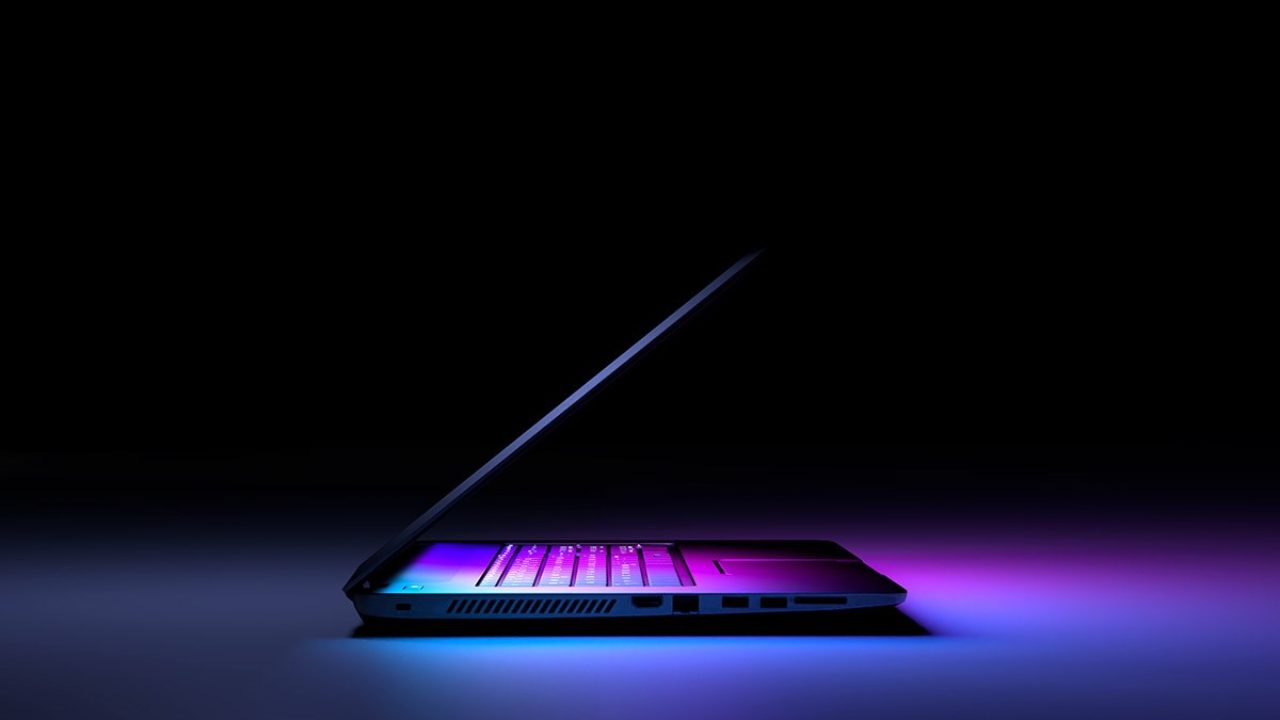
Buying a gaming laptop is both much easier and much harder than it was a few years ago. With enormous technological advancements in mobile hardware, new gaming laptops can go blow-for-blow with similarly priced desktop PCs.
With so many great options to choose from, it can be challenging to make the right choice. This article will focus on what makes a perfect gaming laptop for you.
What Should I Look for in a Gaming Laptop?
When browsing for a new gaming laptop online, you need to keep several things in mind. It’s doubtful you’ll find a laptop that fits your needs perfectly, but it can happen. While there’s some freedom in what you can choose, you’ll need to decide what aspects of a gaming PC are most important to you. Here are some of the factors to consider in a gaming laptop.
· Budget
Your budget will be the first, and probably only, limiting factor to consider when making a purchase. The bigger your budget, the more leeway you have towards desired system specifications. If you’re working on a smaller budget (i.e., $1,000), then your options become relatively limited. Most of the system specifications you can find for this price will be mid-range devices. However, it’s still possible to get a decent laptop even if you don’t have much money. All you’ll have to do is lower your expectations and the graphics settings to get a decent FPS.
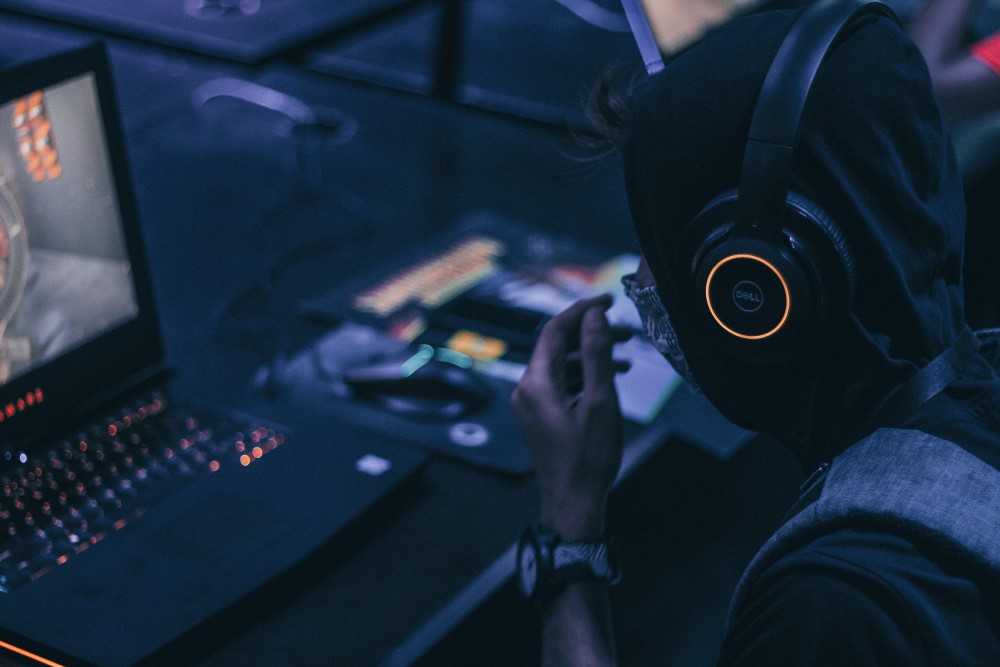
· Portability
One of the primary reasons people buy gaming laptops over desktop PCs is portability. Modern gaming laptops are relatively easy to carry around. However, you should note that higher-end gaming laptops aren’t as light as work-focused mobile devices. A gaming laptop can be more than an inch thick and weigh up to eight pounds.
The added space is mainly for the improved heat dissipation, cooling systems, and larger graphics cards that need to fit within the chassis. Additionally, most gaming laptops have plenty of peripheral ports to maximize customization while still offering utility outside of gameplay.
One additional aspect of portability is the battery life. To become truly portable, you want to get a laptop that can pull a few hours of gaming while off the charger. While modern amenities mean you’ll have an outlet nearby wherever you go, keep an eye on models that have more robust batteries. Of course, a gaming laptop’s battery charge will plummet when it powers demanding games.
· Performance
One of the key benefits of a gaming laptop over a traditional one is the superb graphics. Gaming laptops must have a dedicated graphics card, typically one on par with the most powerful desktop GPUs. While there have been plenty of improvements in this area, contemporary mobile graphics still lag behind their desktop brethren. This is primarily due to size constraints and insufficient heating.
Overall, a desktop PC will deliver about 10% more raw FPS performance than a laptop with the same card. This might go unnoticed in games where it’s reasonable to have over 140 FPS, but it can matter with some newer titles.
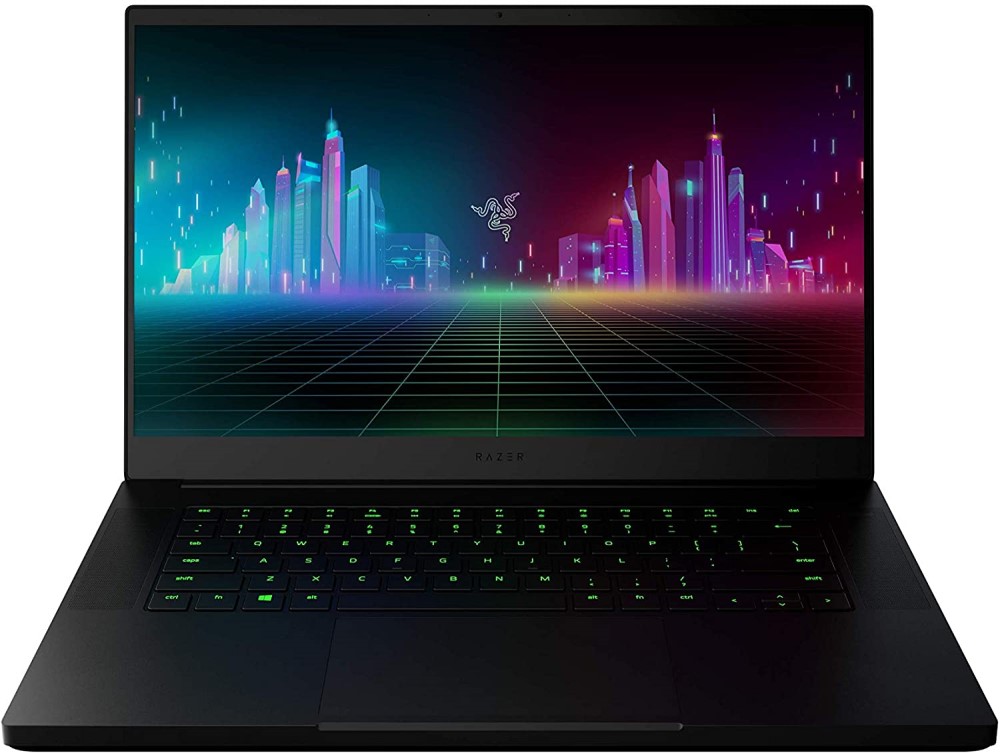
What Specs Should a Gaming Computer Have?
There are several aspects to look for in a modern gaming PC. As mentioned, getting the best in class for each of these will require an extraordinary budget, so you may need to make some tradeoffs.
· CPU
Most mobile processors are powerful enough to run games without a hitch. The main thing to worry about here is single-core performance. Laptops are designed for multi-core performance, but games generally don’t work that way. A powerful CPU with fewer cores and higher frequency (GHz) will win over an eight-core 2.0 GHz system. If you’re looking at specific mobile CPUs, there are a few good ones from both Intel and AMD:
- AMD Ryzen 7 4800H
- AMD Ryzen 9 4900U
- AMD Ryzen 9 5900HS
- Intel i7-10750H
- Intel i7-11370H
- Intel i7-11800H
Generally, look for a CPU that has a high baseline frequency with an optional overclocking potential. The number of cores doesn’t particularly matter since they usually go up with frequency while having at least two to four cores.
· GPU
A dedicated GPU is the bread and butter of a gaming laptop and the primary driving force behind their budget. If you can find a laptop with a mobile RTX 3000 series graphics (3070 or 3080) and a CPU to match its high-performance, you’re golden. However, this setup will cost a pretty penny.
For more down-to-earth builds, it’s best to stick with the mobile versions of generally powerful graphics. A few are listed below from slowest to fastest:
- RX 5800X
- GTX 1650 Mobile
- GTX 1660 Ti Mobile
- GTX 1080 Max Q
- RTX 2080 mobile (Super and Max Q)

· RAM
For the best performance, we recommend finding a laptop with at least 8GB of RAM. Most modern gaming laptops only use one of the RAM slots inside the device, and you can upgrade with a compatible RAM stick later. However, it’s best to stick with the factory-provided setups.
Finding a 16GB or higher laptop will increase your budget. For most games, 8GB is enough – though 16GB allows you to run programs in the background while ensuring peak performance and loading times.
· Storage
Thanks to a laptop’s smaller size, they typically don’t have more than one storage slot and can’t upgrade. This is why it’s important to find a sizeable gaming laptop. Games can take up an enormous amount of memory, so upgrading from 256GB to 512GB will seriously matter.
As far as the type of memory is concerned, go for a laptop with an SSD inside. A 256GB SSD will perform miles better than a 1TB HDD-only device due to severely shortened loading and booting times.
· Display
When looking at a laptop’s display, there are three main things to look for:
- FPS: The higher, the better, and usually the limiting factor in gameplay. You typically start at 60 and move towards 144 or 160 as the price increases.
- Resolution: 1080p is the most common, followed by QHS (1440p), and finally 4K (2160p). Each jump severely increases costs.
- Screen type: There is no consensus whether IPS, TN, or VA screens are best for gaming; this is mainly personal preference.
Generally, look for a laptop that can display more than 60 FPS, with somewhere around 144 being the sweet spot. Everything else takes the backseat since the screen’s FPS bottlenecks your game’s FPS.
· Connections
Most laptops don’t deviate in this regard. Gaming laptops on the heftier side can devote enough real estate to fit an Ethernet slot (typically the widest one), and some have a collapsible port. For offline gaming, this one is less important. You don’t really need a disk drive nowadays with all the online downloads available. Remember that the more USB slots you have, the better, so aim for at least two.
· RGB Lighting
Lighting is optional in most modern builds and typically drives up the price further. If you can afford to look cool, go for it. It doesn’t make the system run any faster, however.
What Is a Good Size for a Gaming Laptop?
Monitor sizes for gaming laptops typically range between 15.6 inches and 17.3 inches. The smaller ones are generally more affordable. However, you’re less likely to see a small laptop with excellent system specifications. The added size from powerful hardware typically translates into a heftier screen.
Larger screens will make the laptop heavier and less portable, so weigh your options carefully – literally.
For screen resolution, 1920x1080p is among the most widely available, but there are some QHD (1440p) or 4K laptops on the market if you can afford them. The previous norm of using 1366×768 has been obsolete for some time and is reserved for more budget-friendly options.










